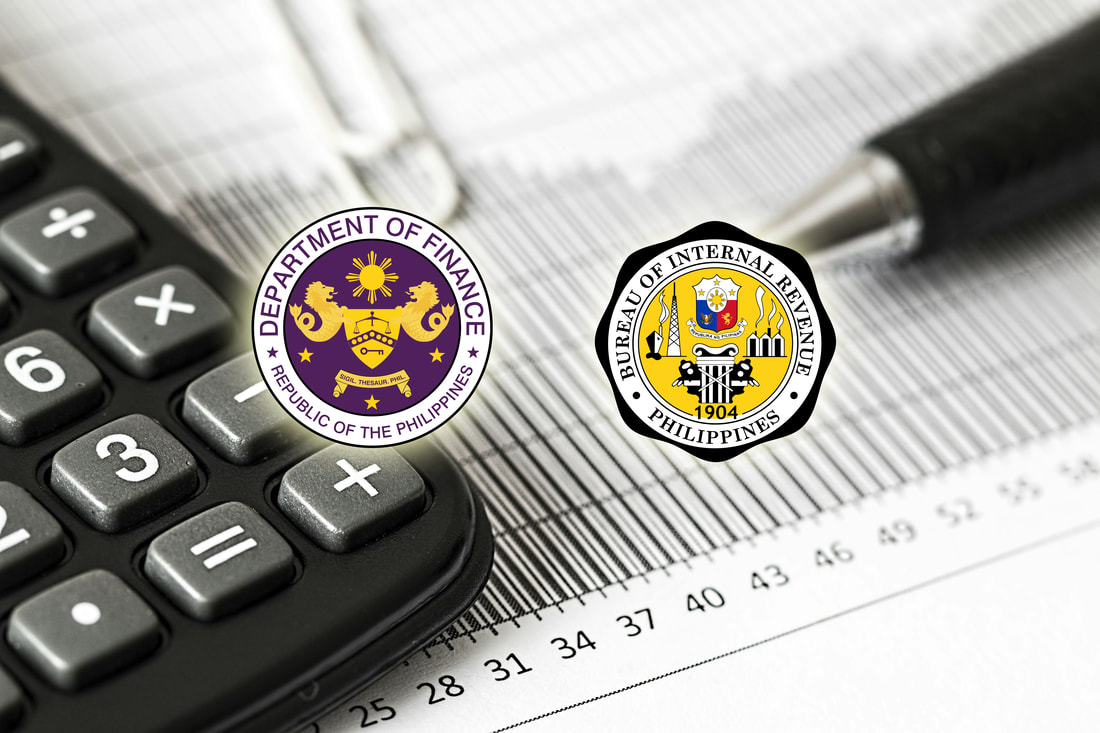Personal Development, Business, Finance, and Investing for Everyone
An investment in knowledge always pays the best interest.
|
The Department of Finance (DOF) has presented its refined proposal on Package 4 of the Comprehensive Tax Reform Program (CTRP)—a measure recalibrated by Finance Secretary Ralph Recto during his first week in office—to the Senate Committee on Ways and Means on February 12, 2024. A priority measure of the Marcos, Jr. administration, Package 4 seeks to encourage growth in key financial markets by simplifying the tax structure on passive income, and on certain instruments and other financial products.
It was approved on the third and final reading by the House of Representatives on November 14, 2022 and is currently being taken up in the Senate Committee on Ways and Means. Assistant Secretary Karlo S. Adriano of the DOF’s Fiscal Policy and Monitoring Group (FPMG) presented to the Senate the salient features of the refined proposal, which aims to maintain the structure of some products and instruments while deferring the implementation of certain provisions by 2028 or when the government will have been in a better fiscal position. Under Package 4, the interest income tax will be harmonized at 20%, while royalties will be maintained according to the existing tax code until 2027, subsequently harmonized and decreased to 15% in 2028. Similarly, the dividend income tax will remain unchanged until 2027, with a proposed harmonization of 10% in 2028. On the other hand, the stock transaction tax will gradually be reduced annually by 0.1%, from 0.6 % to 0.1% in 2028. Current taxes on financial transactions, including sales, agreements to sell, memoranda of sales, deliveries, or transfer of shares or certificates of stocks, will be maintained until 2027 and subsequently removed in 2028. The same timeline applies to taxes on all bills of exchange or drafts. Tax rates on bank checks, drafts, certificates of deposit not bearing interest, and other instruments will remain unchanged, while those of life insurance policies will also see no adjustments. On the other hand, rates on policies of insurance upon property, fidelity bonds, and other insurance policies will gradually be decreased annually by 1%, from 12.5% to 7.5% in 2028. Furthermore, taxes on Philippine Charity Sweepstakes Office (PCSO) tickets, prizes, and other winnings will have no changes. Lastly, taxes on mortgages, pledges, and deeds of trust will stay as is until 2027, after which they will be lowered to a 0.3% rate in 2028. “The idea here is that [CTRP] was proposed during the pandemic when our debt to GDP ratio was approximately at 40%. Basically, during that time, the government has some fiscal space to accommodate some of the losses, but given that we’re already beyond the COVID where our debt-to-GDP ratio is around 60%, we have to be mindful of the impact of having revenue-eroding measures,” Assistant Secretary Adriano said. The proposed changes to taxes on passive income, financial intermediaries, financial transactions, and excise tax on pick-up trucks are expected to yield P12.2 billion in revenues from the third quarter of 2024 to 2028, versus the PHP 83 billion foregone revenue from the original version of the bill and the PHP 19.3 billion revenue loss from the House version. “This is where we will see the expertise of Secretary Ralph Recto in managing our fiscal outputs or fiscal performance. To be honest, I’ve seen that in action here in the Senate,” said Senate Committee on Ways and Means Chairperson Sherwin T. Gatchalian. “Just by shifting the implementation backward or forward, you can actually achieve a revenue gain. [It may be] minimal, but at least, it’s not going to be detrimental to our fiscal health. So, I can see that this is where his experience and knowledge in managing fiscal situations would come in,” he added. Support rom the Private Sector Various financial groups expressed their support for the passage of the refined Package 4 bill during the Senate hearing. “We are one with the government in the harmonization of the passive income tax,” said Mr. Adrian S. Ching, President of the Money Market Association of the Philippines. Mr. Steven C. Te, President of the Trust Officers Association of the Philippines (TOAP), said they welcome the proposal to reform taxes on passive income, further noting the bill’s objectives to simplify taxation and to harmonize the rates of interests, dividends, and other passive income. The DOF is currently working on finalizing the exemptions, repeal list, and tax administration of the proposed bill. The Senate is set to form a technical working group (TWG) to discuss the proposed bill beginning next week. Secretary Recto earlier stated that the DOF has no new tax proposals, but is recalibrating its existing priority tax measures to guarantee that these are fairer, easier to collect, and more practical while ensuring that these reforms will not translate to unnecessary burden to Filipino consumers and taxpayers.
0 Comments
Leave a Reply. |
PLACE YOUR ADS HERE YOUR PAYDAY REMINDER FEATURED PARTNER FEATURED PROMOTIONS FEATURED MENTIONS PLACE YOUR ADS HERE PLACE YOUR ADS HERE For more updates about Personal Development, Financial and Investment Education. Join and Subscribe to my Newsletter. It's FREE! ABOUT THE BLOGGERHi, I'm Ralph Gregore Masalihit! An RFP Graduate (Registered Financial Planner Institute - Philippines). A Personal Finance Advocate. An I.T. by Profession. An Investor. Business Minded. An Introvert. A Photography Enthusiast. A Travel and Personal Finance Blogger (Lakbay Diwa and Kuripot Pinoy). Currently, I'm working my way toward time and financial freedom. PLACE YOUR ADS HERE Follow me on |












